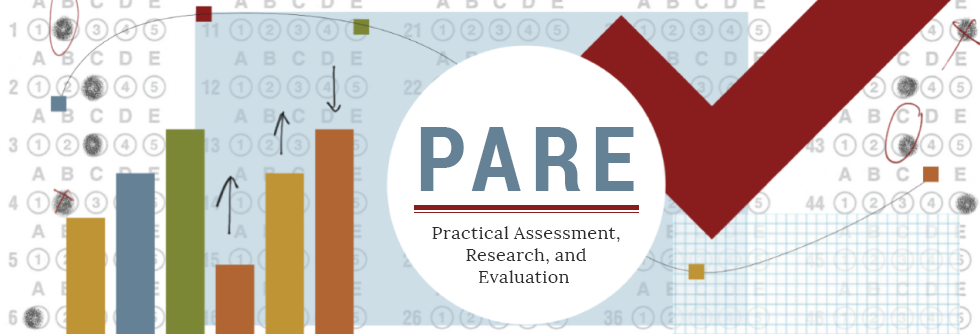Evaluating the collaborative strategic reading intervention: An overview of randomized controlled trial options
- J.H. Hitchcock
- A. Kurki
- C. Wilkins
- J. Dimino
- R. Gersten
Abstract
When attempting to determine if an intervention has a causal impact, the ‘gold standard’ of program evaluation.is the randomized controlled trial (RCT). In education studies random assignment is rarely feasible at the.student level, making RCTs harder to conduct. School-level assignment is more common but this often.requires considerable resources compared to designs where classrooms can be assigned within a school. This.article describes the costs and benefits of testing the effects of a classroom based instructional intervention.using the multi-site cluster RCT. Topics covered include a discussion of various design options, statistical.power, contamination, prior evidence, generalizability of results, ease of recruitment and need for data.collection. The purpose of the article is to inform practice by providing program evaluators with an in-depth.look at various RCT design options that were considered when searching for a way to efficiently evaluate a.school-based intervention. Accessed 15,611 times on https://pareonline.net from January 28, 2009 to December 31, 2019. For downloads from January 1, 2020 forward, please click on the PlumX Metrics link to the right.
Keywords: Evaluation Methods, Educational Research, Research Methodology
How to Cite:
Hitchcock, J., Kurki, A., Wilkins, C., Dimino, J. & Gersten, R., (2009) “Evaluating the collaborative strategic reading intervention: An overview of randomized controlled trial options”, Practical Assessment, Research, and Evaluation 14(1): 2. doi: https://doi.org/10.7275/sakx-4c50
Downloads:
Download PDF
View PDF
1123 Views
126 Downloads
